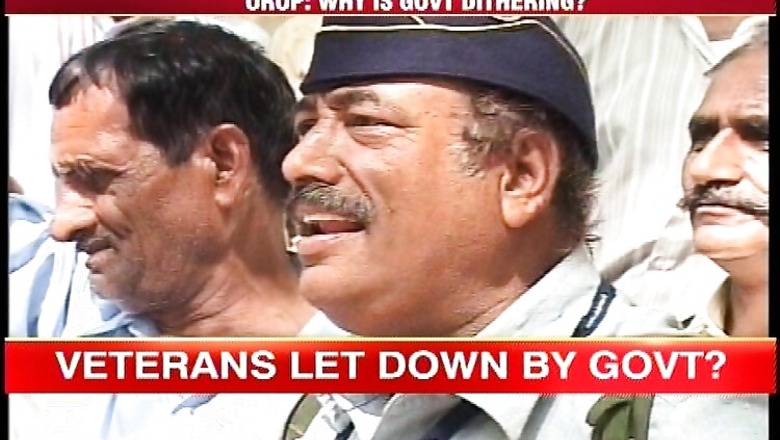
views
New Delhi: Ensuring pension parity for defence personnel who retire at the same rank and with the same length of service, irrespective of their date of retirement, was a promise made by the Bharatiya Janata Party (BJP) during 2014 Lok Sabha election campaign.
Despite the Narendra Modi government completing a year in office, the fight for 'One Rank One Pension' by the former defence forces personnel is yet to see the light of day. The delay has opened room for politics to play around the issue.
Modi on May 31, 2015 vowed to address the "vexed" OROP issue in his monthly 'Mann Ki Baat' programme on radio and said he should be given some time. But the miffed ex-servicemen appeared in no mood to call off their planned protest on June 14 over the delay in its implementation.
"I am not talking as a Prime Minister. One Rank One Pension - for 40 years this question has been persisting. Nothing happened so far. This government will give the solution to OROP," Modi had said.
Five years ago several veterans returned 20,000 medals to the government to protest lack of progress in the OROP promise. The 25 lakh strong ex-servicemen's community is still anxiously waiting for their demand to be fulfilled.
Lieutenant General (Retd) Raj Kadyan said, "Assurance without a firm date does not really satisfy the ex-servicemen community. What we are looking for is a date. Assurance has never been in doubt. We are wanting to know when."
The issue has given Congress new ammunition to target the Modi government. Former defence minister AK ANtony, who is often accused of not taking taking a decision on OROP, has launched a scathing attack.
"Modi is covering up his government's failure. This government is delaying the decision. This is criminal delay," Antony said.
Keeping politics apart, the problem behind implementation of OROP is not easy.
The problem of pension disparity started after the Third Pay Commission in 1973. It created a situation where a Major in the Indian Army and equivalent ranks in the Indian Navy and Indian Air Force who retired before 1996 gets 53% lesser pension than a Major who retired in 2006.
Before Lok Sabha elections the then Congresd-led United Progressive Alliance (UPA) government allocated Rs 500 crore for OROP and when BJP-led National Democratic Alliance came to power it increased the allocation to Rs 1000 crore.
But the actual financial requirement is much much more, almost to the tune of Rs 8300 crore. With arrears from April 2014, this figure woud be around Rs 20,000 crore.
Meanwhile, the demand for giving similar benefits to paramilitary forces is also being raised. It will be a tight rope walk for Prime Minister Modi who wants to keep the revenue expenditure under check.













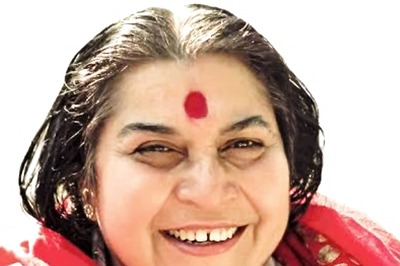
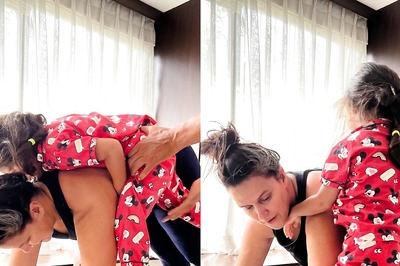
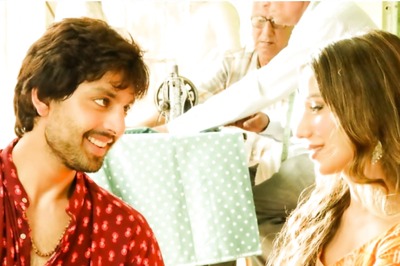

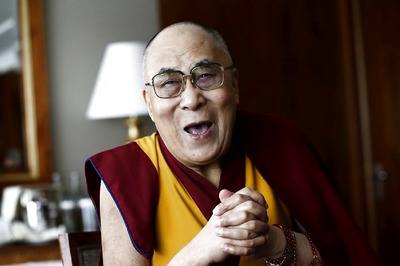
Comments
0 comment